Indigenous Governance Database
voting
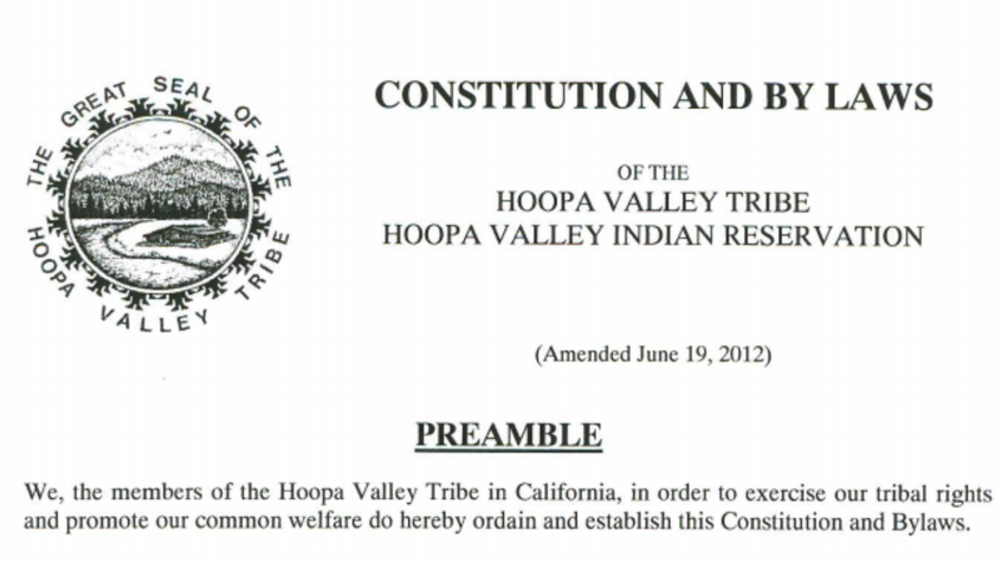
Hoopa Valley Tribe: Recall, Removal, & Vacancies Excerpt
ARTICLE VII - VACANCIES, REMOVAL, RECALL AND REFERENDUM Section 1. If any member of the Tribal Council or other elected official shall die, resign, be removed from office or shall be found guilty while in office of a felony or misdemeanor involving moral turpitude in any Indian, State or Federal…
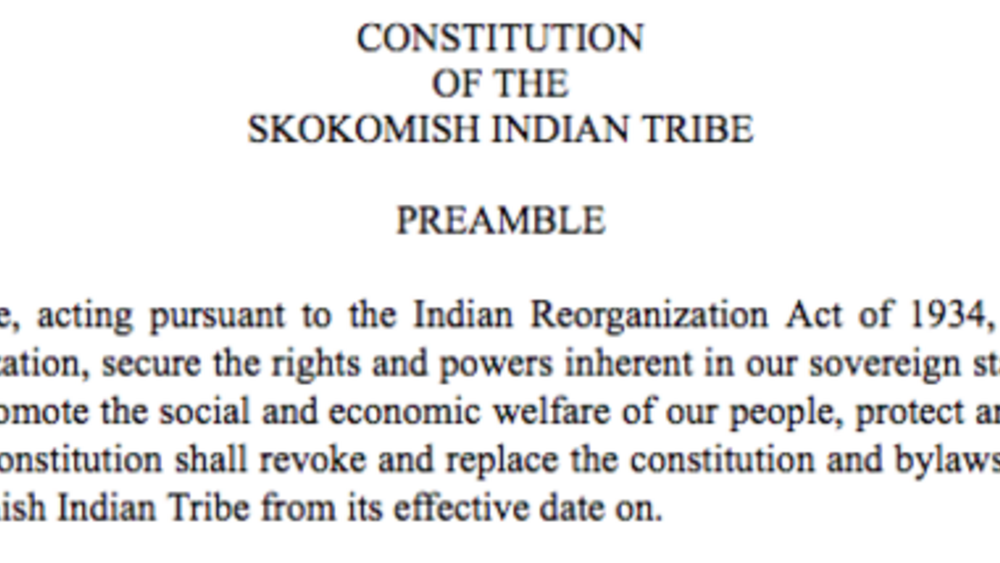
Skokomish Indian Tribe: Initiative & Referendum Excerpt
ARTICLE VIII - INITIATIVE Section 1. Right of Initiative. Voters of the Skokomish tribe shall have the right to cause a vote of the General Council on any legislation proposed by the voters and on any proposed or enacted ordinance or resolution of the Tribal Council. No later than thirty (30…
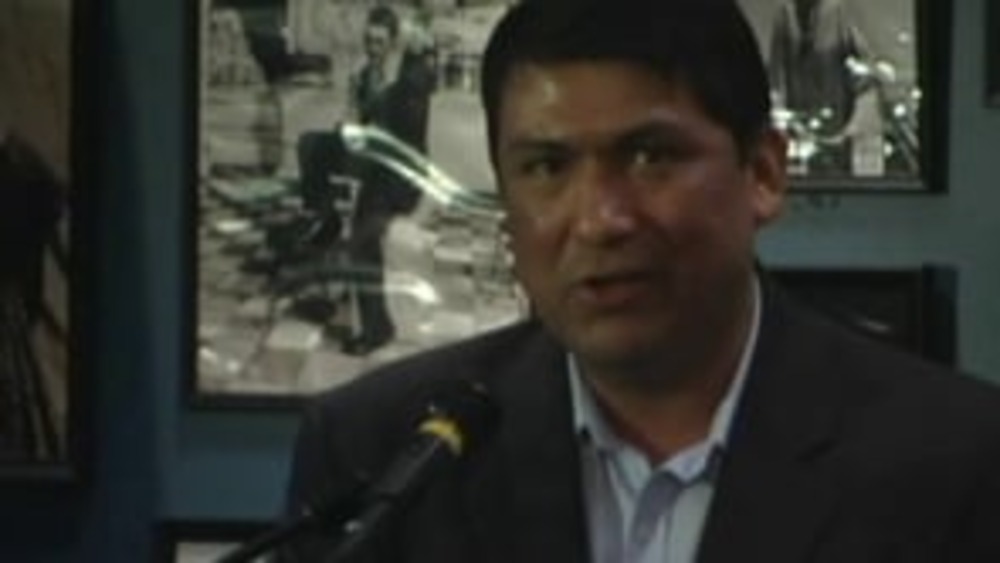
Honoring Nations: Gregory Mendoza: Akimel O'odham/Pee-Posh Youth Council
Gila River Indian Community Governor Gregory Mendoza, formerly the director of the Akimel O'odham/Pee-Posh Youth Council, provides a history of this trend-setting example of innovative governance and discusses the many different ways that it strengthens the Gila River Indian Community.
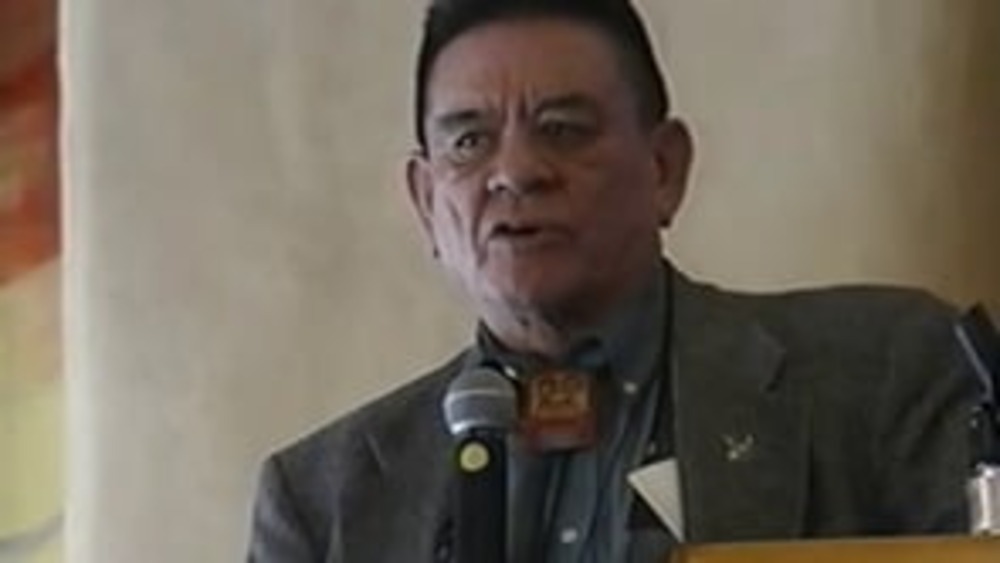
Honoring Nations: John McCoy: Intergovernmental Relations
John McCoy of the Tulalip Tribes offers advice to session participants about how to communicate tribal priorities in the intergovernmental law and policy arenas.
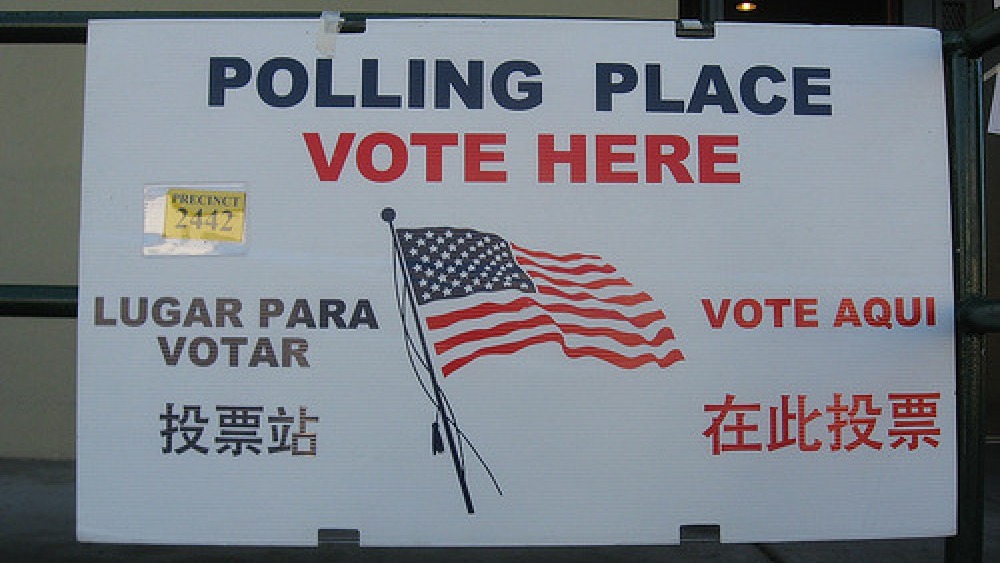
South Dakota Indians Sue for Early Voting
Native Americans have never had an easy time getting to vote in South Dakota. In 1977, the state attorney general dismissed the Voting Rights Act as an “absurdity” and advised state officials to ignore the federal law. The state didn’t allow Native Americans into polling places until the 1940s,…
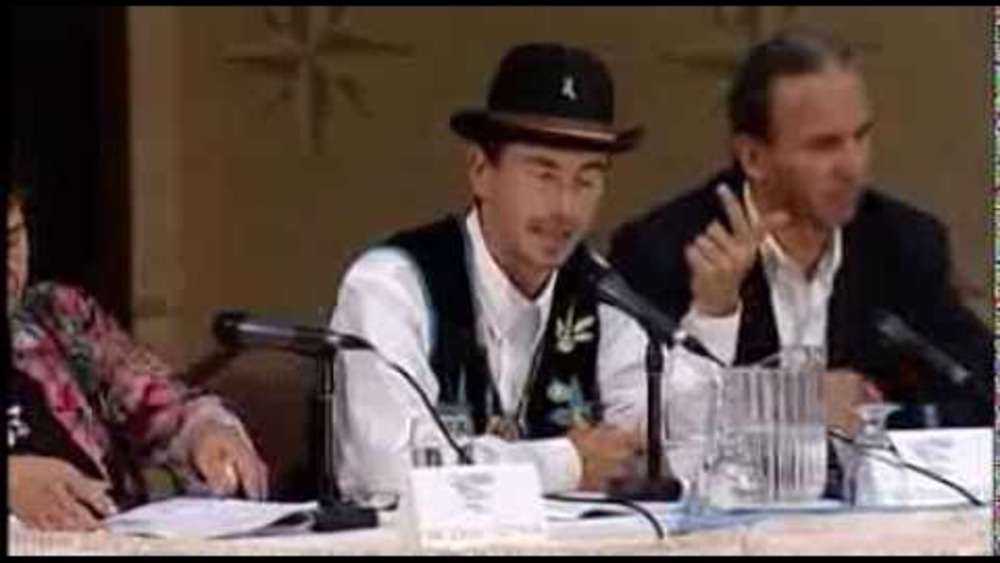
Truth To Tell: Community Connections - White Earth Constitutional Forum Part I
In collaboration with production partner KKWE/Niijii Radio, TruthToTell and CivicMedia/Minnesota traveled west on August 14, 2013, to the White Earth Reservation to air/televise the seventh in our series of LIVE Community Connections forums on critical Minnesota issues. Convened at White Earth's…
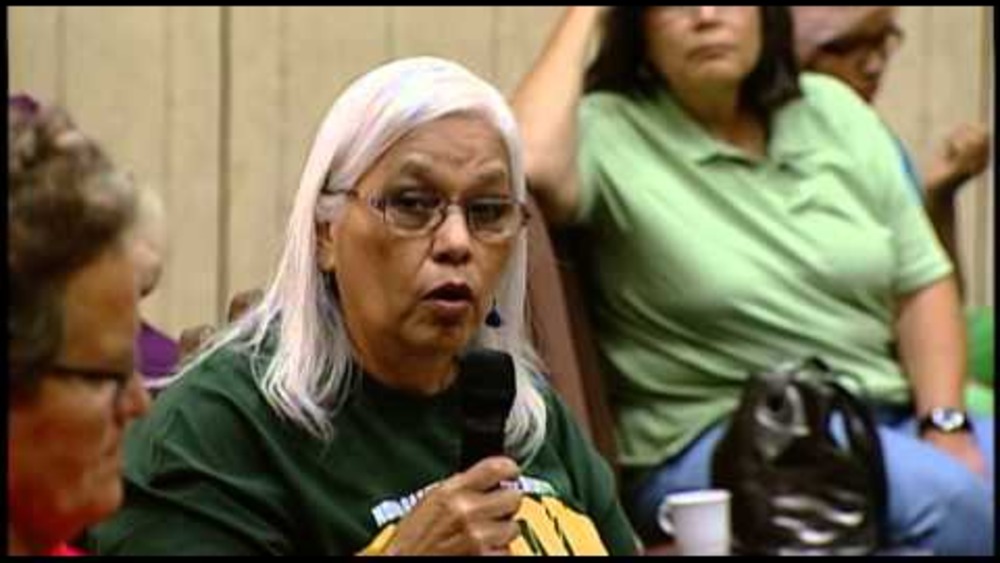
Truth To Tell: Community Connections - White Earth Constitutional Forum Part II
In collaboration with production partner KKWE/Niijii Radio, TruthToTell and CivicMedia/Minnesota traveled west on August 14, 2013, to the White Earth Reservation to air/televise the seventh in our series of LIVE Community Connections forums on critical Minnesota issues. Convened at White Earth's…
